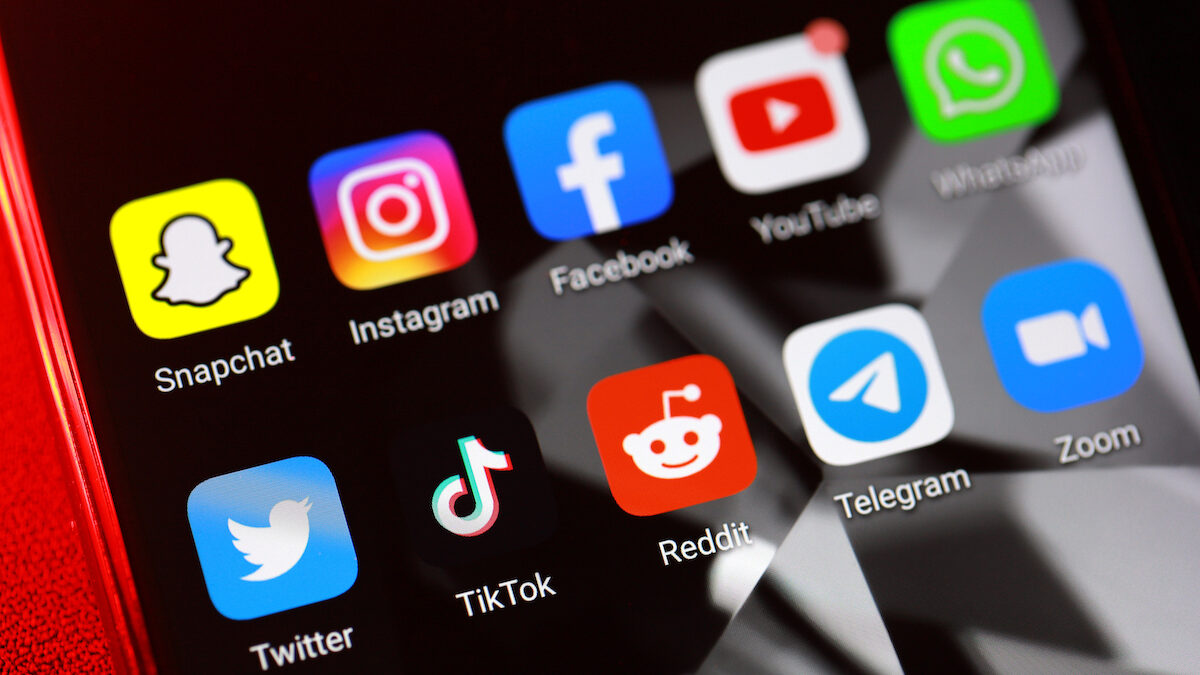Facebook has said that the personal information of up to 87 million users, mostly in the United States, may have been improperly shared with political consultancy Cambridge Analytica, up from a previous news media estimate of more than 50 million.
Chief executive Mark Zuckerberg said in a conference call with reporters that Facebook had not seen “any meaningful impact” on user growth from the scandal, although he added: “It’s not good.” Zuckerberg told reporters that he accepted blame for the leak, which has angered users, advertisers and policymakers, while also saying he was still the right person to head the company he founded.
He said he had not fired anyone over the scandal. He said he was not aware of any discussions on the Facebook board about him stepping down – although observers noted that doing so would be a challenge for directors because Zuckerberg is the controlling shareholder. “Life is about learning from the mistakes and figuring out what you need to do to move forward,” Zuckerberg said.
UPDATED 14.30 06.04.2018: Facebook has confirmed that the data of 2.7 million European Union citizens were among those improperly used by political consultancy Cambridge Analytica. The company disclosed the number in a letter to the European Commission which said it would ask for more details.
Facebook first acknowledged last month that personal information about millions of users wrongly ended up in the hands of Cambridge Analytica. The London-based firm, which has counted US President Donald Trump’s 2016 campaign among its clients, disputed Facebook’s estimate of affected users. It said in a tweet today that it received no more than 30 million records from a researcher it hired to collect data about people on Facebook.
Zuckerberg, on the call with reporters, said Facebook should have done more to audit and oversee third-party app developers like the one that Cambridge Analytica hired in 2014. “Knowing what I know today, clearly we should have done more,” he said. Going forward, he said, Facebook was taking steps to restrict which personal data is available to third-party app developers, and he said it might take two more years to fix Facebook’s problems.
“We’re broadening our view of our responsibility,” he said.
Most of the up to 87 million people whose data was shared with Cambridge Analytica were in the US, Facebook’s chief technology officer Mike Schroepfer wrote in a blog post. The previous estimate of more than 50 million users affected by the data leak came from two newspapers, the New York Times and The Observer, based on their investigations of Cambridge Analytica.
Zuckerberg said Facebook came to the higher estimate by looking at the number of people who had downloaded a personality quiz app created by Cambridge University academic Aleksandr Kogan, about 270,000 people, and then adding in the number of friends they had. Cambridge Analytica has said that it engaged Kogan “in good faith” to collect Facebook data in a manner similar to how other third-party app developers have harvested personal information.
The scandal has prompted investigations by the UK’s Information Commissioner, the US Federal Trade Commission and 37 US state attorneys general. Nigeria’s government will investigate allegations of improper involvement by Cambridge Analytica in that country’s 2007 and 2015 elections, a presidency spokesman said.




